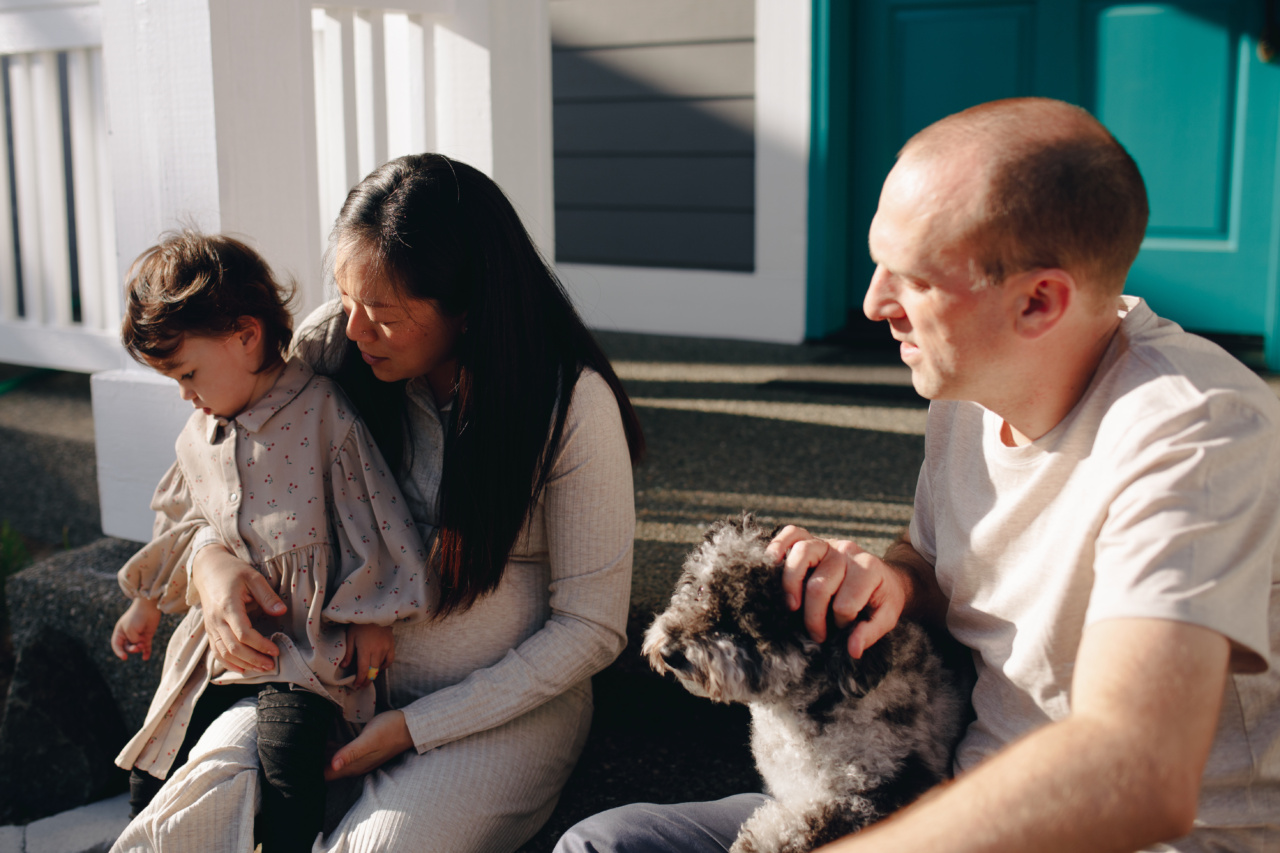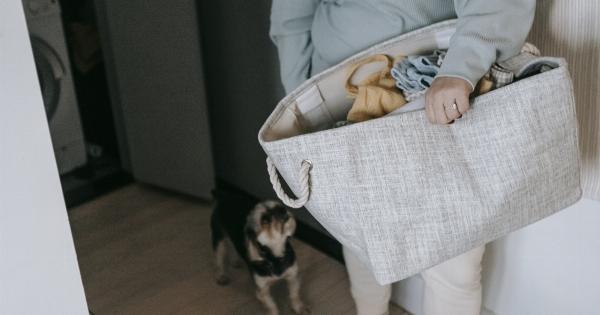Having a consistent routine is important not only for humans but also for our furry friends. Dogs thrive on stability and predictability, and a consistent routine can greatly contribute to their overall happiness and well-being.
In this article, we will explore the various ways in which a consistent routine can positively impact our dogs’ lives.
1. Physical and Mental Stimulation
A consistent routine ensures that our dogs receive an adequate amount of physical and mental stimulation on a regular basis.
Structured activities such as daily walks, playtime, and interactive games help to keep their bodies active and their minds engaged. Regular exercise not only helps prevent obesity and other health issues but also releases endorphins that boost their mood and alleviate anxiety.
2. Sense of Security
Dogs are creatures of habit and thrive in an environment where they feel safe and secure. A consistent routine helps establish a sense of stability and predictability in their lives.
They know what to expect and when to expect it, which reduces stress and anxiety. From feeding times to bedtime rituals, following a consistent routine gives our dogs a comforting structure that helps them navigate through their daily lives.
3. Bonding and Trust
A consistent routine allows us to spend quality time with our dogs and develop a strong bond based on trust. Regular activities like grooming sessions, training exercises, and scheduled playtime provide opportunities for positive interactions.
Dogs learn to trust and rely on us as they understand that their needs will be consistently met. This bond of trust creates a harmonious relationship and enhances their overall happiness.
4. Improved Sleep Patterns
Dogs, just like humans, benefit from having regular sleep patterns. Following a consistent routine helps establish a set bedtime and wake-up time for our furry friends.
This regularity promotes better sleep quality and duration, leading to a well-rested and rejuvenated dog. Adequate sleep contributes to their overall health and significantly impacts their mood and behavior throughout the day.
5. Better Toilet Training
A consistent routine is crucial for toilet training our dogs. By following a strict schedule for feeding, regular walks, and bathroom breaks, we establish a pattern that helps our dogs learn when and where they should relieve themselves.
Consistency in this aspect allows them to develop an understanding of appropriate bathroom behaviors, leading to successful toilet training and a happier living environment.
6. Reduced Behavioral Issues
Many behavioral issues in dogs arise from a lack of structure and routine in their lives. Boredom, separation anxiety, and destructive behaviors can often be attributed to inconsistent schedules.
By implementing a consistent routine, we provide our dogs with mental stimulation, physical exercise, and companionship, which effectively reduce the occurrence of these behavioral issues. A well-regulated routine helps our dogs remain calm and content, preventing them from engaging in destructive or problematic behaviors.
7. Easy Adaptation to Change
Dogs are highly adaptable creatures, but sudden changes in their routine or environment can cause stress and anxiety. However, when they are accustomed to a consistent routine, it becomes easier for them to adapt to new situations and changes.
Whether it’s a change in the household, a new family member, or moving to a different home, a stable routine provides a sense of familiarity that eases the transition for our beloved pets.
8. Enhanced Overall Well-being
When our dogs have a consistent routine, their overall well-being is greatly enhanced. They experience less stress, anxiety, and boredom while enjoying a healthier lifestyle.
A regulated routine ensures they receive the necessary exercise, mental stimulation, and social interaction, which are all essential for a happy and fulfilled life. Dogs with consistent routines are generally more content, confident, and exhibit better behavior, making them a joy to be around.
9. Health Monitoring
A consistent routine allows us to closely monitor our dogs’ health and spot any changes or abnormalities at an early stage.
Regular feeding times, exercise routines, and grooming sessions provide opportunities to observe their physical condition, appetite, and overall behavior. By promptly identifying any potential health issues, we can seek veterinary care and ensure our furry friends receive the necessary attention and treatment they require.
10. Predictability and Happiness
Ultimately, a consistent routine brings predictability and stability to our dogs’ lives, leading to increased happiness and contentment.
Dogs thrive on routine and structure, and knowing what to expect on a daily basis provides them with a sense of control and comfort. Whether it’s mealtime, playtime, or cuddle time, a consistent routine allows our dogs to experience a predictable and enjoyable life, contributing significantly to their overall well-being and happiness.
Conclusion
Establishing and maintaining a consistent routine is of utmost importance when it comes to our dogs’ happiness.
From physical exercise and mental stimulation to a sense of security and trust, following a consistent routine offers numerous benefits for our beloved pets. By prioritizing their needs and ensuring a structured daily life, we provide them with the stability and happiness they deserve.
So, let’s strive to maintain a consistent routine for our furry friends, making their lives as fulfilling and joyful as possible.































